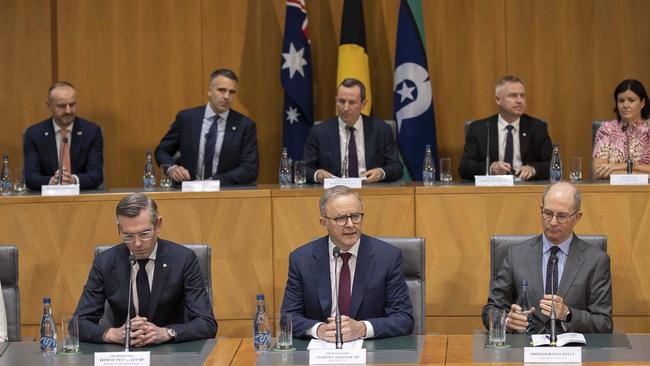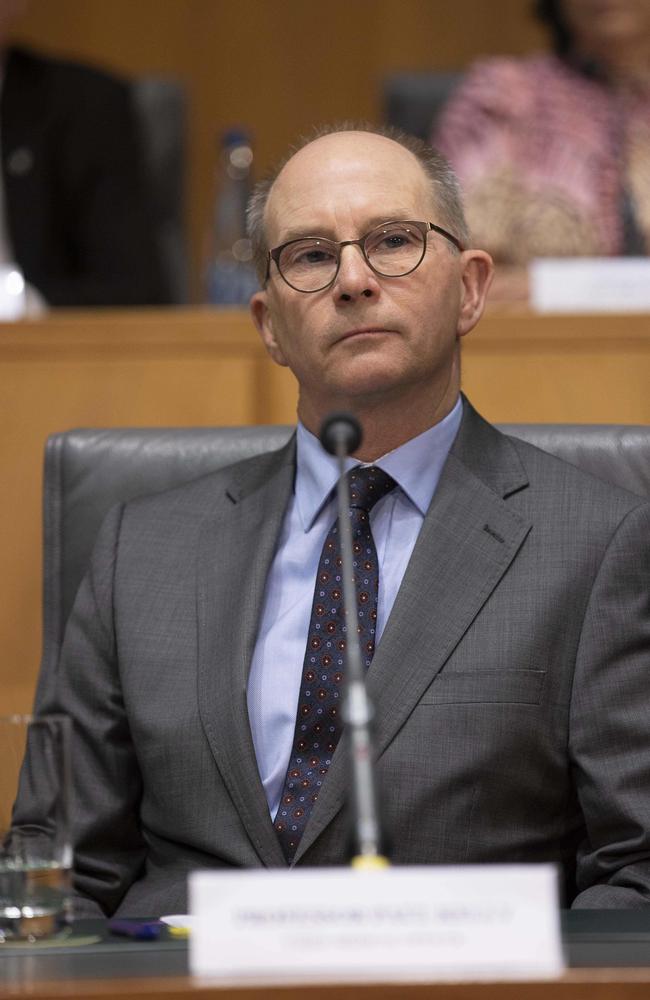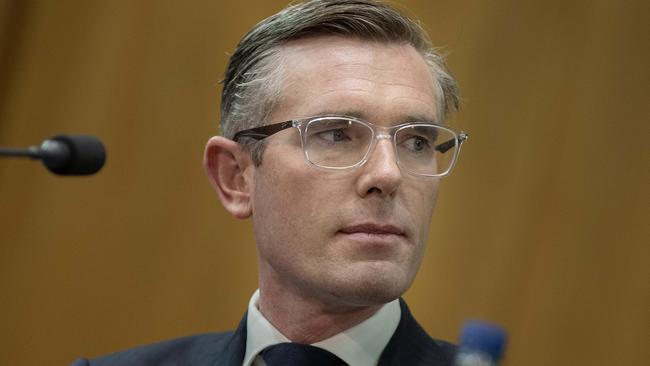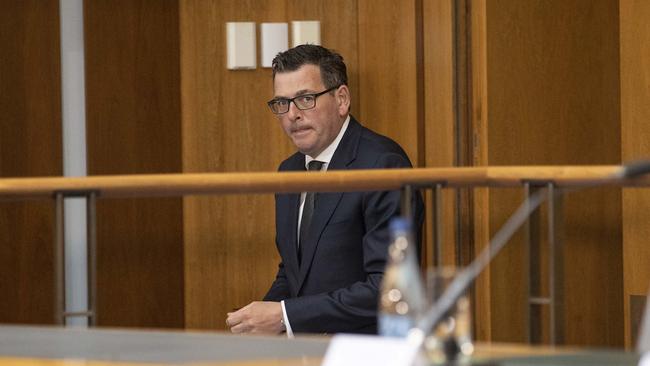Covid-19 isolation rule, pandemic payments scrapped at National Cabinet
The PM has announced Aussies won't have to face Covid isolation and that means changes to the payments many have been getting to stay at home.
Coronavirus
Don't miss out on the headlines from Coronavirus. Followed categories will be added to My News.
Pre-pandemic life will return for vast majority of Australians on October 14 after National Cabinet decided unanimously to scrap mandatory Covid isolation on that day.
After then the only workers forced to isolate will be workers in high-risk settings.
Pandemic leave disaster payments will simultaneously end for everyone except those workers.
Prime Minister Anthony Albanese said the new settings were proportionate and that now was the right time to make the change.
“We have agreed today, based upon the advice, that we are moving beyond the emergency settings that were put in place,” he said.
“We are changing our position based upon changing advice and changing circumstances - and that has to occur,” he said.
“There’s not a role for government in running every bit of people’s lives forever. And that is my firm position. You know, this isn’t an ideological thing. This is a practical outcome that was agreed across the board.”
The PM also said “it isn’t sustainable for government to pay people’s wages forever.”
Chief Medical Officer Professor Paul Kelly said it was “time to move away from Covid exceptionalism”.
He said “emergency response phase is probably finished”.

Prof Kelly said the decision to end mandatory isolation the country was now is “very low transmission - community transmission phase of the pandemic here in Australia.”
But he said this did not mean the pandemic was finished.
“We will almost certainly see future peaks of the virus into the future, as we have seen earlier in this year, however, at the moment, we have very low rates of both cases, hospitalisations, intensive care admissions, aged-care outbreaks and various other measures that we have been following very closely… we also have, at the moment, very high hybrid immunity from previous infection, as well as high vaccination rates particularly and specifically in those highly vulnerable communities.”
In his written advice to the Prime Minister released after National Cabinet, Prof Kelly warned is highly likely that further waves of infection will continue to occur over the next two years at least.
This was due he said to a combination of factors including genetic variation, higher transmissibility, waning immunity, a lower adherence to public health messaging and environmental factors such as winter seasons and the removal of the remaining public health such as test, trace, isolate and quarantine.

He warned it was possible the world “may even see the emergence of a very different variant before the end of 2022.”
In August, National Cabinet agreed to slash the isolation period for Covid-positive patients from seven days to five.
But that period was completely slashed at Friday’s meeting, with NSW Premier Dominic Perrottet leading the charge for the change.
“We’ve made significant inroads as a country. We have a consistently balanced public health with broader health issues, mental health and particularly young kids,” he said earlier on Friday.

“Ultimately, we also need to get to this position where people look out for each other … and that we make sure if we’re sick, we stay at home without there being a public health order in place.”
He said he was “pretty sure” a decision would be made “that is in the best interest of the country”.
SA Premier Peter Malinauskas said it was a pivotal decision to scrap Covid-19 isolation rules.
“This is a significant moment in the course of this pandemic,” he said
“I am pleased as a nation we have been able to agree to safely remove mandatory isolation.
“Since becoming Premier, I have been clear that national consistency along with the health advice are paramount considerations when it comes to Covid restrictions. Today’s decision aligns with these considerations.
“It is important to remember while the threat has eased, Covid has not gone away, so South Australians should continue to take sensible precautions to protect themselves, their family and the community.”

Australian Medical Association president Steve Robson said those who advocate the scrapping or shortening of the Covid isolation period are putting the public at risk.
“We’re seeing overseas a huge upswing in the numbers of Covid cases again,” Dr Robson told the ABC.
“It’s coming into the holiday season when people will be travelling around the world. We think it’s a period of significant risk and we’re urging caution because we need to protect the health system and we need to protect vulnerable people.”
Speaking ahead of the meeting on Friday, Tasmania Premier Jeremy Rockliff flagged his “in-principle support” for easing health orders.
“I think it’s a natural progression,” he said.

“Of course, if you’re sick, you stay at home. Whether you have got the flu or other respiratory illnesses or whatever, it’s important that you take personal responsibility.”
Removing the quarantine period would bring Australia into line with the UK and US.
National Cabinet agreed financial support will continue for casual workers in aged care, disability care, aboriginal healthcare and hospital care sectors, with the ,money to will be funded 50:50 between the Commonwealth and States and Territories.
National Cabinet also discussed advice on how to improving pressure on the health and hospital system with policy options to be considered later on how they can be paid for.
Ministers also considered ways to streamline the recognition of health qualifications across Australia and agreed to a review of the “regulatory settings” for both Australian and overseas trained health professionals.
With reports emerging of a third consecutive La Nina-affected weather season the National Emergency Management Agency and the Bureau of Meteorology briefed the ministers on the impacts and discussed the state of preparations ahead of it.
They also agreed to re-establish the Housing and Homelessness Ministerial Council.
More Coverage
Originally published as Covid-19 isolation rule, pandemic payments scrapped at National Cabinet
Read related topics:Explainers




